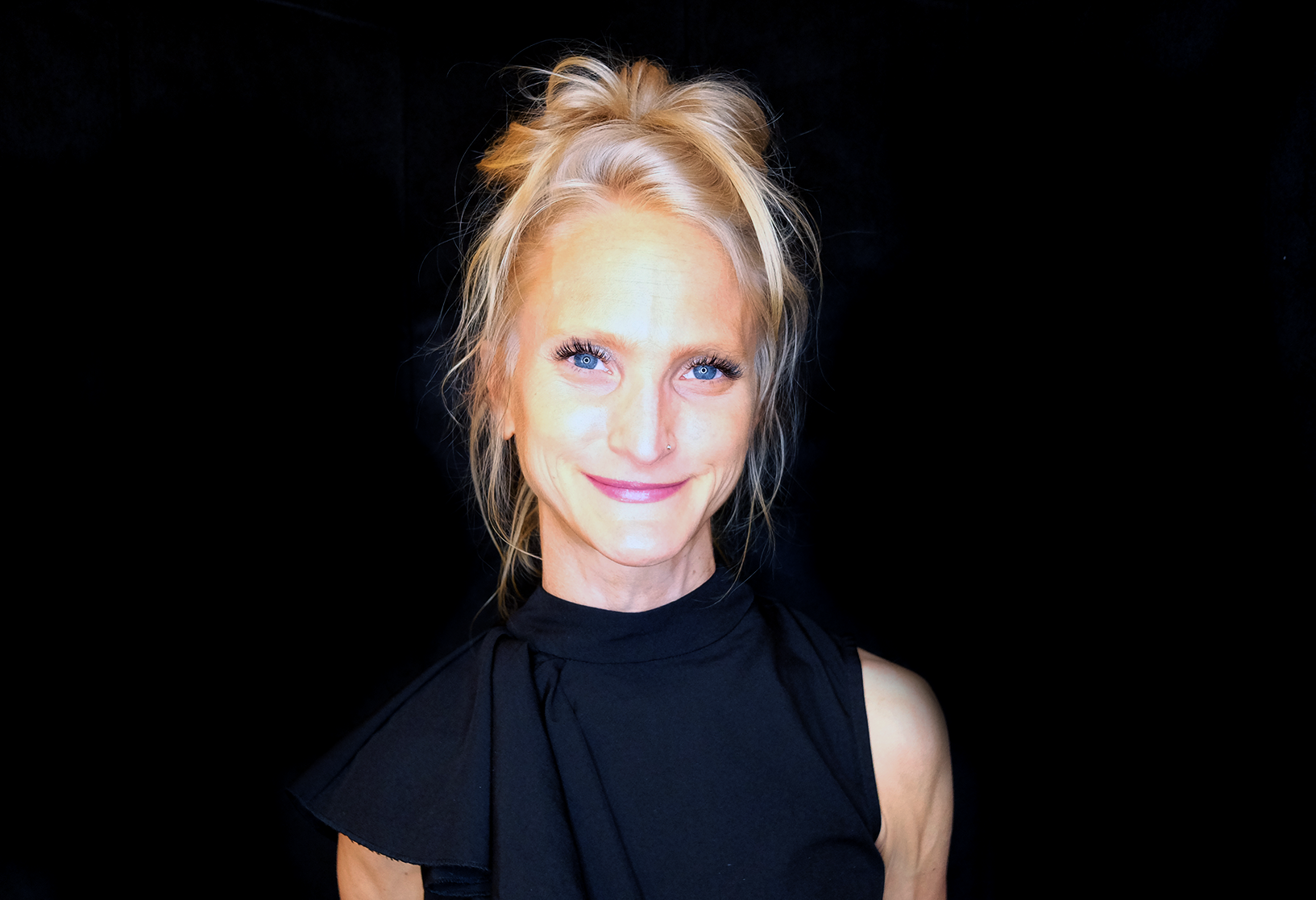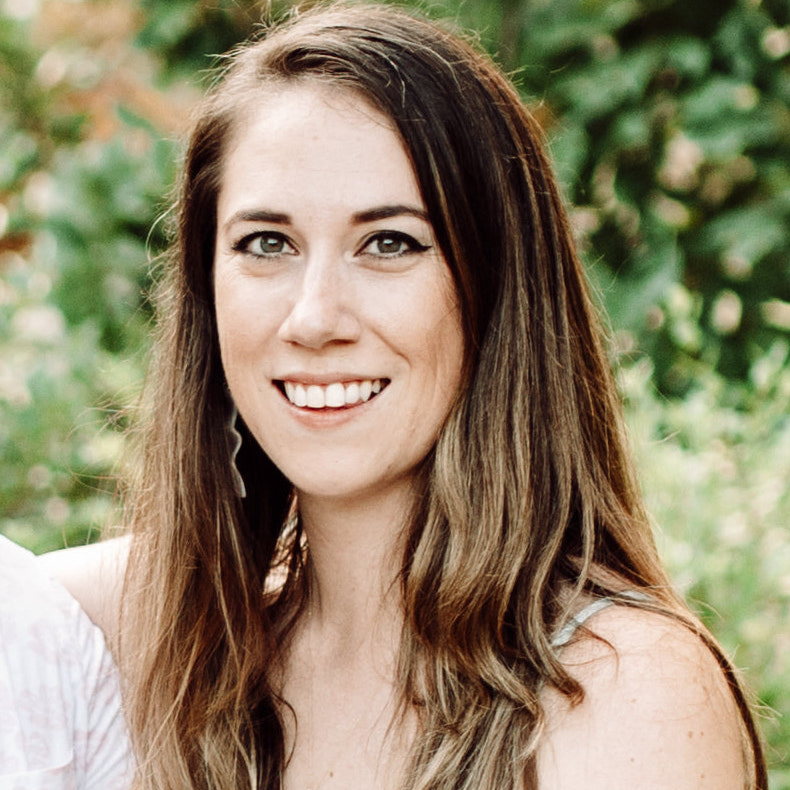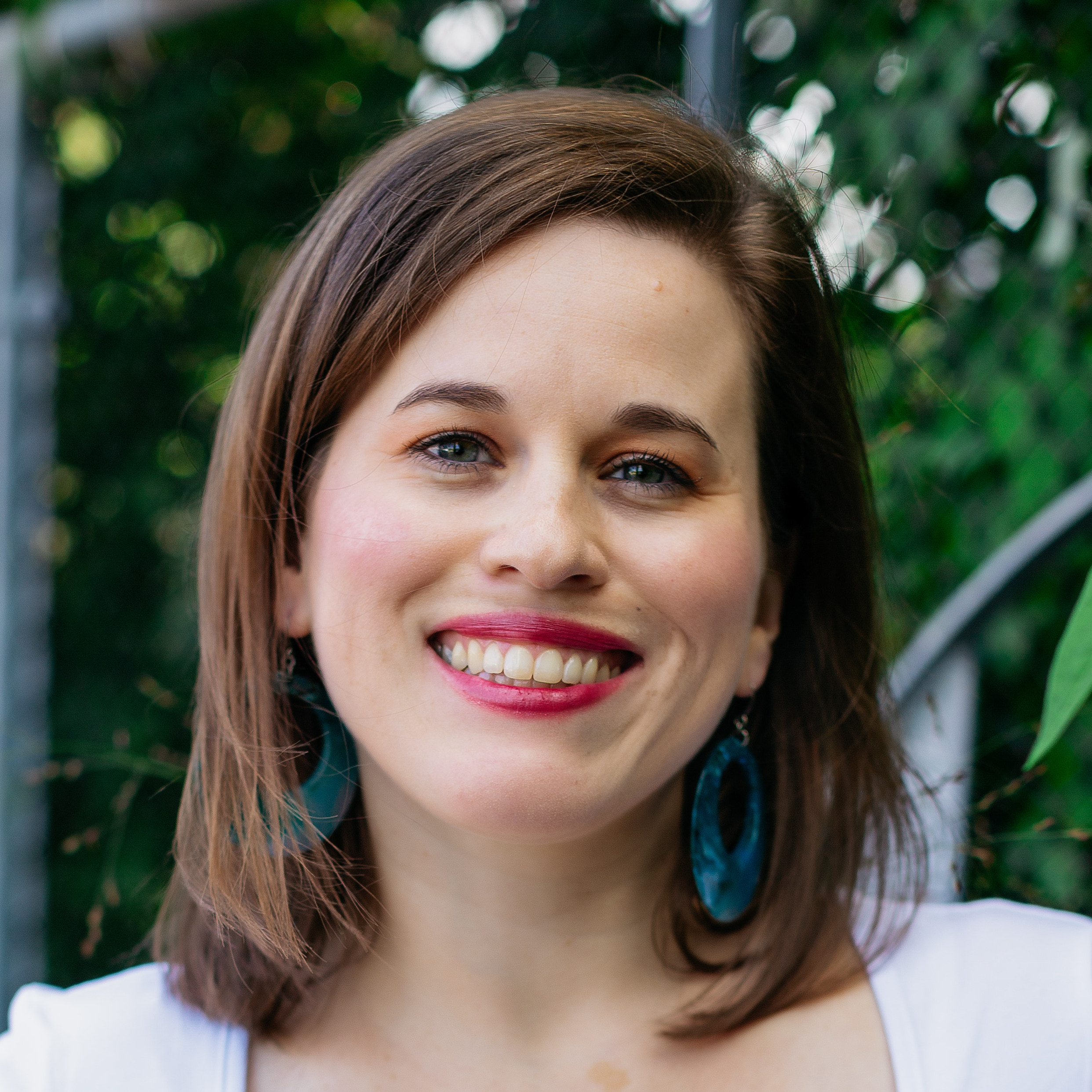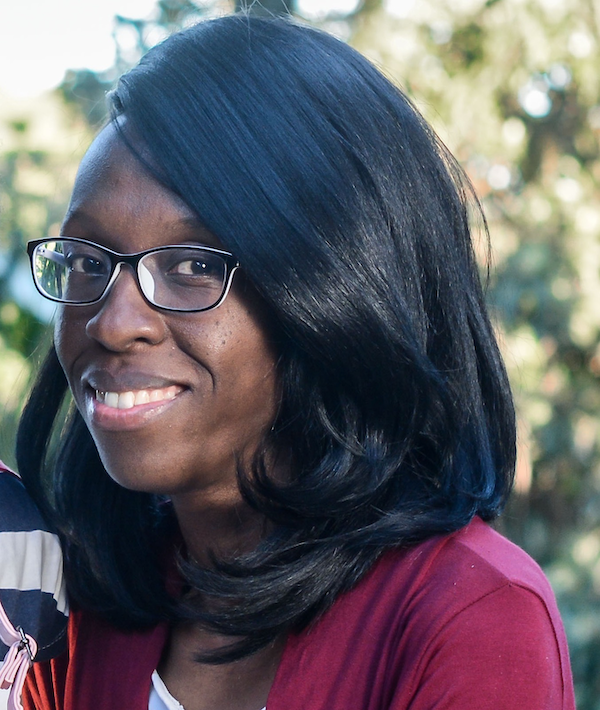Launching a podcast is tough for many reasons, but new shows do have their benefits: the fact that you’re making something new is buzzworthy and when it comes to podcast marketing, there are plenty of ways you can leverage your newness.
But what if you’re not new? You’ve been plugging along, working hard on great episodes, and still not seeing much of a bump? You might need to shake things up a bit, and for that, I’m going to advise you to run a miniseries.
What’s a miniseries?
A miniseries is a short run of themed podcast episodes that varies from your regular podcast content. But more than that, a miniseries is an event, something to work hard on and celebrate. It’s a way to get attention from newsletters looking to write about newsy things, and it’s a way to get into the ear of potential listeners.
Ok, but what should your miniseries actually be? It can be anything you can imagine. Make sure it’s at least three episodes long. You can focus on…
- Going in-depth into a topic you or your listeners enjoy.
- A special interview that requires more than just a simple Q&A.
- Something experimental that you’ve always wanted to do but can’t keep up on a regular basis.
- A complete shift in the structure of your show. Maybe you experiment with fiction if you do a nonfiction show. Maybe you interview your cast if you have a fiction show. Maybe you run a more narrative arc of a story if you usually do interviews.
This can sound intimidating! But you don’t have to hire a writer or drastically shift your format; you just have to think strategically about how you’re presenting your content so that you do it in a unique way that creates an exciting moment for regular listeners (and potential ones.)
How to come up with an idea for a miniseries
- Go into your analytics. What were your three most popular episodes? Do you see a throughline there? Maybe one episode sticks out. That’s what the people want! Think about how you can continue the conversation you were having on that episode. Is there additional information you could provide? What can you create that both stands alone and enhances the first episode you did?
- Does your topic deserve a good old 101? Get back to the basics with a series that will appeal to beginners and will serve as a brush-up for your regulars. Ellen Scanlon does this frequently on How to Do the Pot with her The First Time I Bought Legal Weed and Weed Word series (which she publishes throughout her regular season.) You might not even have to create brand new content to do this — if you have a big inventory, go to the archives to throw together some of your best stuff that will feel new to everyone.
- Get a big name on your show for an interview. Record an hour with them and spread it out into three episodes. Bolster each segment with commentary from you. On the mindfulness podcast Ten Percent Happier, Dan Harris spread out his one-hour interview with The Dalai Lama over five episodes and called it The Dalai Lama’s Guide to Happiness.

- Think about the content that you love and that your listeners love. Find podcasts similar to yours (I recommend using Rephonic's Podcast Audience Graph) and see what kind of content those shows are making. Do any of them sound like something you can do?
- Is there a holiday or event coming up that you can tie your content to? You could dedicate the entire month of June to interviewing queer people in your niche, or explore the theme of romance in February. Every March, Doughboys does “Munch Madness,” and every October they do a play on Oktoberfest.
- Watch the carousels on podcast platforms like Apple Podcasts. What kind of themes are they featuring? Use that as a springboard into a subject you can create content around.
- Give your listeners something from behind the scenes. Maybe it’s a three-part series about how an episode is made, or a way to get to know the people on your team.
- Do you have some advice to share? You could create a multi-episode workshop that includes worksheets, lesson plans, or mini homework assignments — something that takes people through the steps to learn how to do something new. More Than A Feeling recently had a mini-series about dread (called The Dread Project) that gave instructive advice on understanding dread and assignments that helped listeners work through it.
- Tell a story that fits into your genre. (See Self-Evident’s example, a beautiful memoir piece called Before Me.)
How to pitch your miniseries
But it’s not just about making the miniseries, it’s about creating buzz around it — and that requires the right pitch. Treat your miniseries like the launch of a new show. Here, you have the benefit of having something newsy (something long-running shows don’t have) and a built-in audience (something new podcasts don’t always have.)
Make the most of your series:
- Write a press release to send to podcast newsletters the day the trailer of your series is released with a link. Keep it short; include artwork, a description, and a quote from someone on the team; explain how it fits in with your show; and offer to send along the first unpublished episode.(Sometimes writers like to feel special and will be excited to hear something before everyone else.) Don’t have a trailer? Send an email in advance describing the series and offer something unpublished they can listen to. Don’t make it fancy. Pretend like you’re writing to a friend. Here’s an example of how Maya Chupkov of Proud Stutter set up a successful pitch campaign.

- Find some editorial outlets and newsletters in your niche that might be interesting in covering. Pitch them, too.
- Find a few “podcast friends” (shows that have exact audience matches) and ask them if they will drop the first episode of your series into their podcast feed. If they agree, send them all the copy and links they can use in their description, and be sure to include intro copy for the host of the other show to read. (“This week we’re bringing you something special…”) Make a mix of who you target to do this with — pitch a few big shows, a few small shows, and a few that match you in size. Offer to drop an episode of their show into your podcast, too, once your series is done. Or even in the middle of the series — this can buy you more time.
- Pitch to be featured front and center on Apple Podcasts, Stitcher, and Spotify by filling out their submission forms. Find out how to be featured on Pocket Casts here. Pitch them like you’d pitch any newsy outlet. Remember to convince them why your miniseries should be featured.
- Create a physical or virtual listening party to celebrate the launch of your series with your biggest fans. Make it special — bring a guest, like someone who helped with the series, or bring on another podcast, with a similar listening audience, to come interview you for a special Q&A. The more invested your core listeners are in this series, the more committed they will be to spreading the word. Tell them how important it is that they share this story with everyone they know.
This might seem like a lot of work. But you have spent extra time and attention into making something special. It’s worth it to go the extra mile to make sure that doesn’t go unnoticed.
So you’ve made a series, you’ve done tons of work to get the word out when episode one drops. Now you can head to the beach for some R&R, right? No! Spend time where podcast listeners are — on Twitter, Discord, Reddit, Instagram, TikTok, and Facebook groups and reach out to people individually if you think they’d like what you just made. A bit of this research can be done in advance, and you don’t have to cover every single social media channel. The point is to capture the people having relevant conversations about your miniseries now.
I don’t usually recommend people write a pitch letter every time an episode launches, but this is different. You want every episode to shine, so write a completely unique pitch letter for each one and send it to all the same outlets you pitched initially. (Unless they tell you they’re not interested or ask you to stop emailing.)
A month after the last episode drops on the series, take inventory on what you accomplished.
- Did you challenge yourself creatively?
- Did you meet someone new?
- Did you get new listeners?
- Did you have fun?
If you answered yes to at least two of those questions, start thinking of another miniseries project you can launch in the next few months or a year. Your podcast hasn’t stopped, and the work hasn’t either.
































%20(1).JPG)










